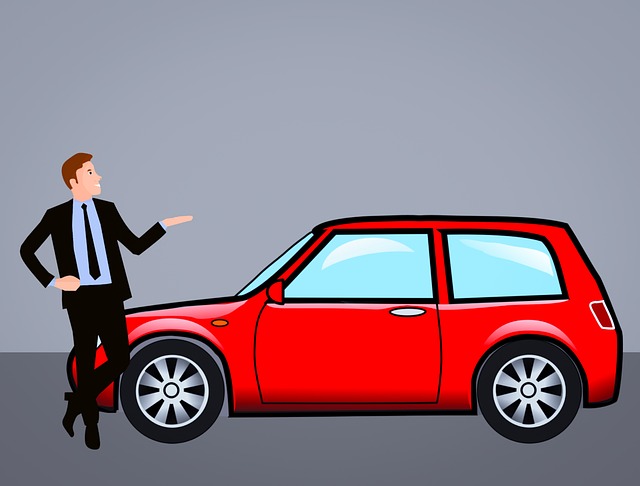
(Source: Pixabay)
Whether you are just starting with your new car, you need an immediate replacement, or you just don’t have a lot of cash or credit, buying a second-hand car and end up being a great alternative to buying a new car. Buying a used car can be an adventure if you know what to look for ahead of time.
1. Vehicle History
Every car has a VIN. This number is tracked for the history of the vehicle. If you run a report on the car’s history, you will be able to see when the tires were changed, any major accidents, inspection reports, and more. Knowing the car’s vehicle history will help prevent you from buying a complete lemon. Insurance companies will also run the VIN to ensure that the car does not present any major issues down the road that need to be addressed. Sometimes owners are not exactly honest, or they do not know a vehicle’s history, so it is worth doing some digging.
2. Mileage
Cars that are up there in mileage are headed for more repairs. When purchasing a second-hand car, mileage can be an important factor. If you need the car to commute to school or work, expect to put about 1000 miles a month on the vehicle. If it is a model or makes that is notorious for breaking down after 150,000 miles, you may want to take your time and shop around for a car that you know you are going to get a decent life span from.
3. Outside Condition
It is nice when people dress a car up, wash it and make it look fancy. However, you want to take the time to look at the outside condition of a vehicle. Look for rust- because it will only get worse and chances are the frame, axles, and undercarriage of the car will be rotting out quickly. Look for chipping paint because that is usually a sign of rust or that the car has been in an accident.
Also look for previous damage, like broken windows, dents, busted locks and non-working lights because this means the car could be more of a liability, especially if the accident is not showing up on the vehicle history report.
4. Inside Condition
Check things on a second-hand car like the brake system, seatbelts, antitheft protection and the interior of the vehicle. Many times, some of these features will save you money in the long-run because insurance companies will often offer discounts for these items. The stereo system is not the most important thing to check out. Make sure that the air conditioning, heater, windows, and upholstery are in decent condition. Some of these things will not let your car pass inspection which could end up being more costly.
5. Longevity Needs
If you need a car just to simply get you through a season, you really just have to make sure that it is safe to drive more than anything else. However, if you need this vehicle to last you for a year or more, you want to discuss with the previous owner the work that has been done on it and prepare for things to come up that they were not aware of. If you are looking to save on car insurance, it is best to take your time to get the car that will not only suit you best but will meet your needs so that you can save on money later down the road.
Transmissions, water pumps, power steering, and radiators can go at any time. If you need the car beyond just changing tires and breaks, a more thorough walk-through is necessary.
6. Cost
There is no doubt that most people will try to get the most out of their car as they can. The cost can be the main factor when purchasing a used car. The more that you are paying, the more reliable it will be. Right? Well, not necessarily. If you invest in a good car, that has several features that can save money on your insurance bill, it may be a better return on investment.
Take the time to do the research. You may only spend a couple of hundred dollars because you need a car to get you through the winter, but you do get what you pay for sometimes.
Sometimes buying a second-hand car will give you a better return on investment. Sometimes, you can make a good used car last for years, and live without a down payment, paying extra insurance past liability, and extra mileage for leasing. The effort that you put into looking at a car before you buy it can make a big difference, not just in your pocket right now, but months and potentially years from now. By adding little benefits like a Defensive Driving Course, you can save even more on your insurance.
About The Author:
My name is Laura Graham. I am a Sydney-based food & wine lover and am constantly trying to satisfy my travel bug. I like to impart my knowledge and share insights on my culinary and travel experiences.




